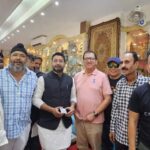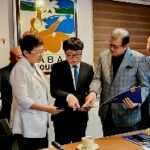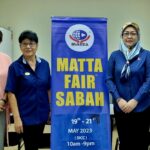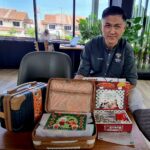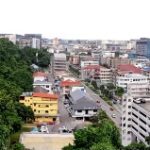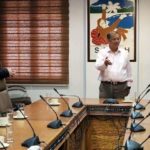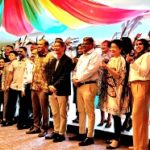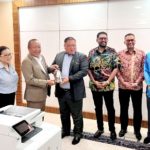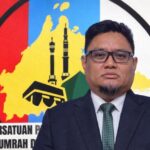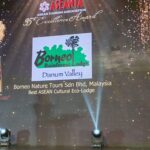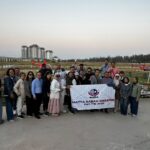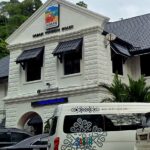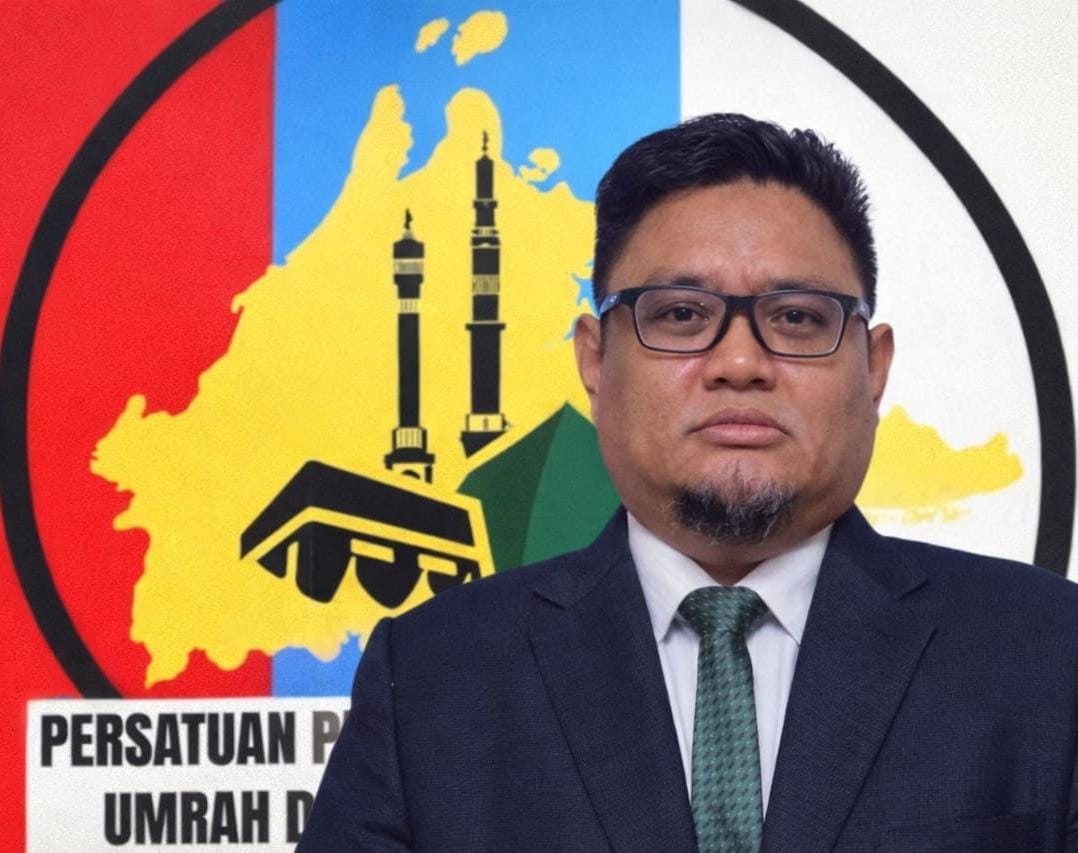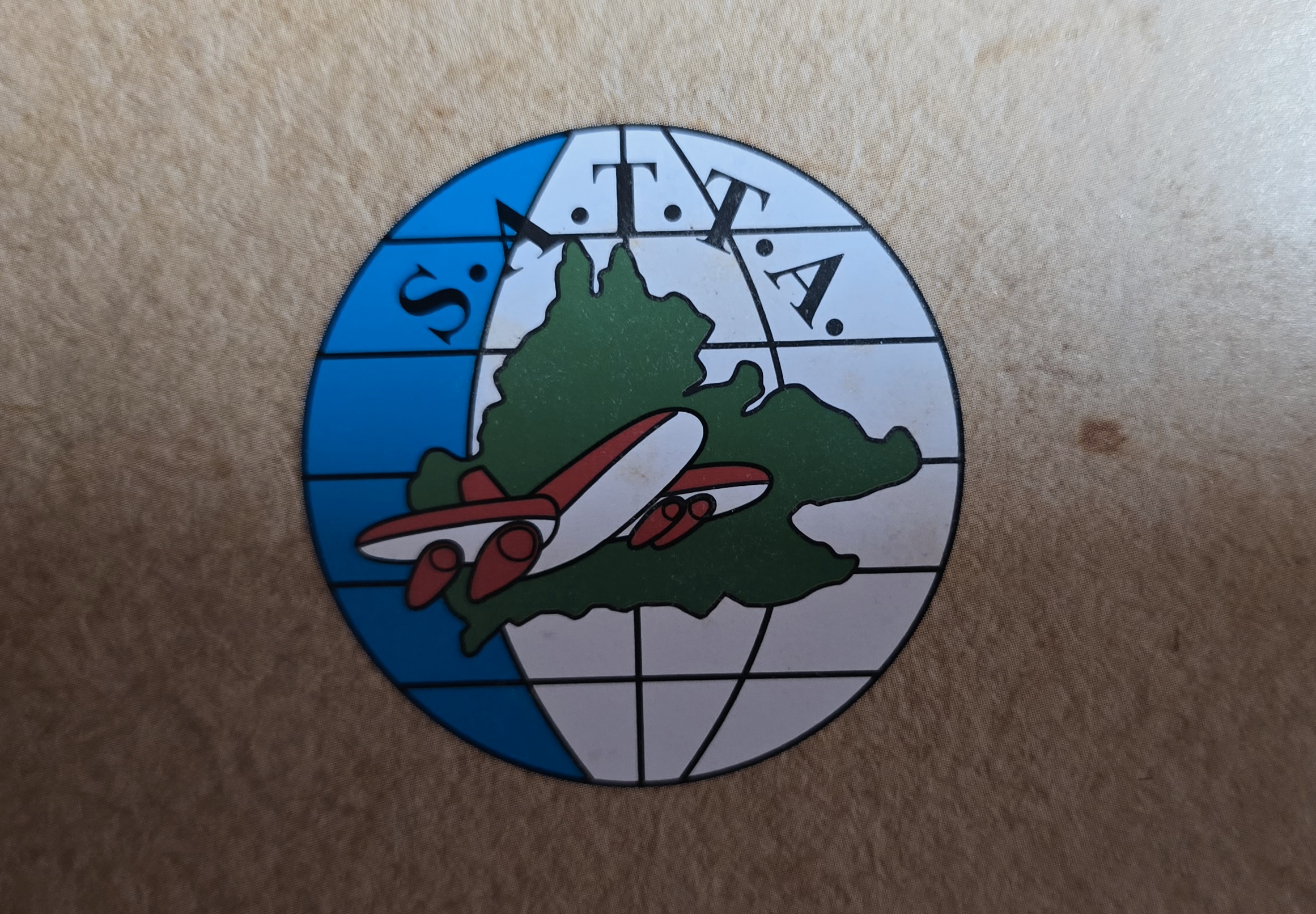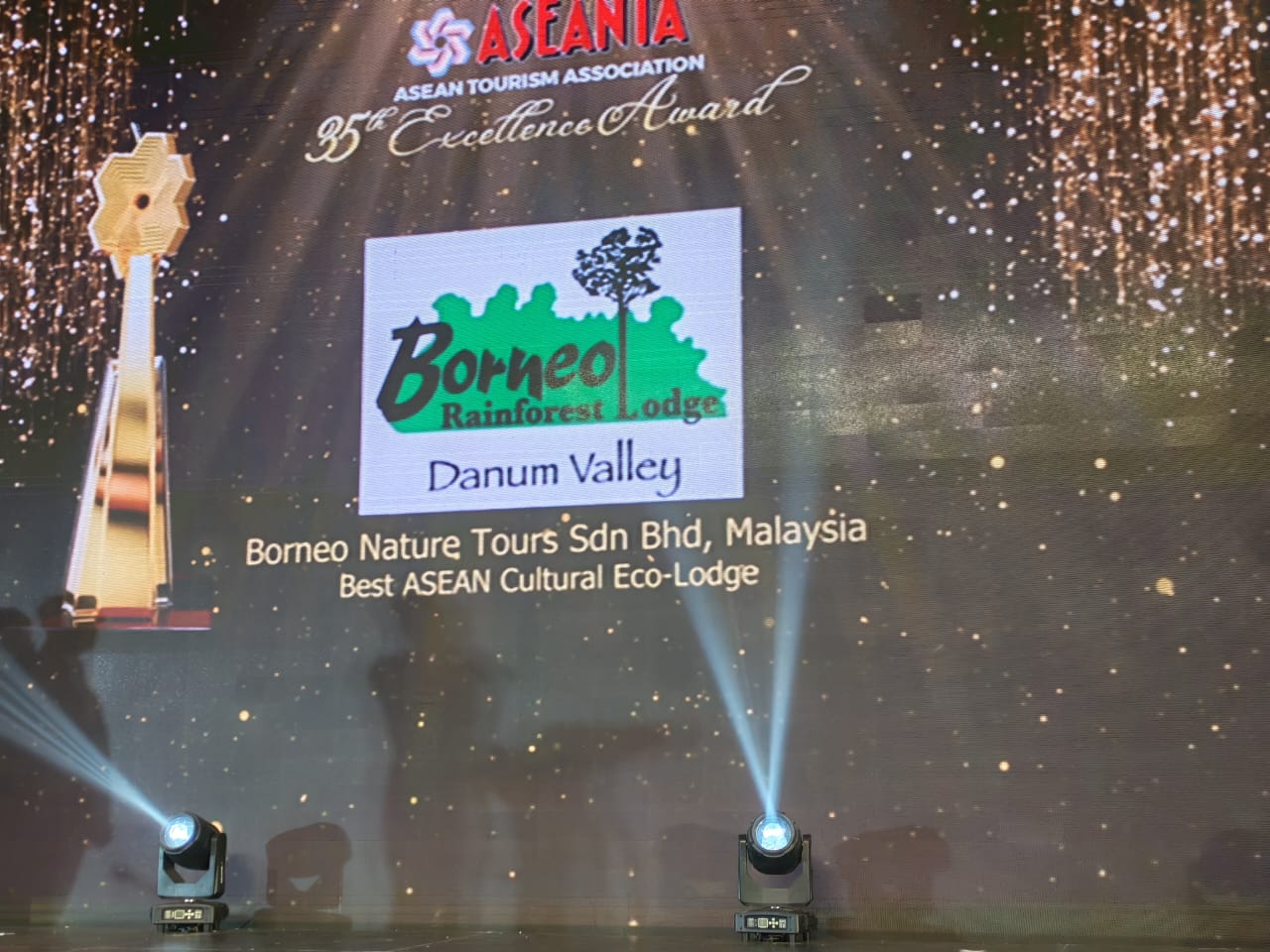KOTA KINABALU: World Wide Fund for Nature-Malaysia (WWF-Malaysia) officially relaunched its conservation programme in Sabah, focusing on a holistic approach towards environmental protection and conservation, through the landscapes approach.
The newly minted Sabah Landscapes Programme (SLP) combines both conservation and sustainable development by integrating the protection of forests, wildlife and rivers, with Roundtable on Sustainable Palm Oil (RSPO) certified production of oil palm, and restoration of ecological corridors and riparian reserves.
The SLP aims to support Sabah’s existing policies to protect 30 per cent of its rainforest by 2025 and maintain 50 per cent forest covers, and attain 100 per cent RSPO certification through the jurisdictional approach by 2025.
The programme relaunch was kick-started by a virtual talk entitled ‘Nature Talks: What is a Landscape? Introducing SLP’ yesterday via WWF-Malaysia’s Facebook live where the speakers shared about the conservation approach and what it meant for forest and wildlife protection in Sabah.
The invited speakers were WWF-Malaysia, Sabah’s head of conservation Dr Robecca Jumin; its senior advisor Dr Glyn Davies and Sabah Landscapes Programme leader Dr Faisal Mohd Noor.
The 60-minute live session moderated by WWF-Malaysia policy analyst Sheelasheena Damian also coincides with the launch of SLP’s webpage: www.wwf.org.my/sabahlandscapes which is an integration of the former Living Landscapes Programme and Sabah Terrestrial Conservation Programme.
Through the landscapes approach, SLP builds on three pillars: Protect (protection of forests, wildlife and watershed); Produce (production of sustainable palm oil and timber); and Restore (restoration of degraded habitats and ecological corridors).
The SLP will focus on three priority landscapes: Tawau, Tabin and Lower Sugut. In addition, SLP will also subsequently enhance conservation efforts in Kalabakan, Central Forest and Ulu Padas-Nabawan.
“I believe that this holistic approach will help us further the conservation work that we have already been doing for the past three decades,” Dr Robecca said.
“It is SLP’s vision that by 2030, Sabah’s biodiversity, ecosystem services and agricultural systems are valued, protected and responsibly managed, are climate-resilient and bring benefits to both people and nature,” said Dr Faisal.
While engagement with various stakeholders including government, private sector, businesses and communities is a vital step to the landscapes approach, Dr Faisal stressed that communities living within the targeted landscapes are one of WWF’s biggest stakeholders.
“They (communities) are often marginalised by conventional conservation approaches. On the other hand, a landscape approach has considerable potential to meet social and environmental objectives from the ground up while also contributing to state and national environmental commitments,” he said.
WWF will also seek to engage with communities in the identified landscapes to not only share its proposed intervention measures there but to also receive input and feedback from those on the ground. They can be channelled through contactslp@wwf.org.my.-HS
